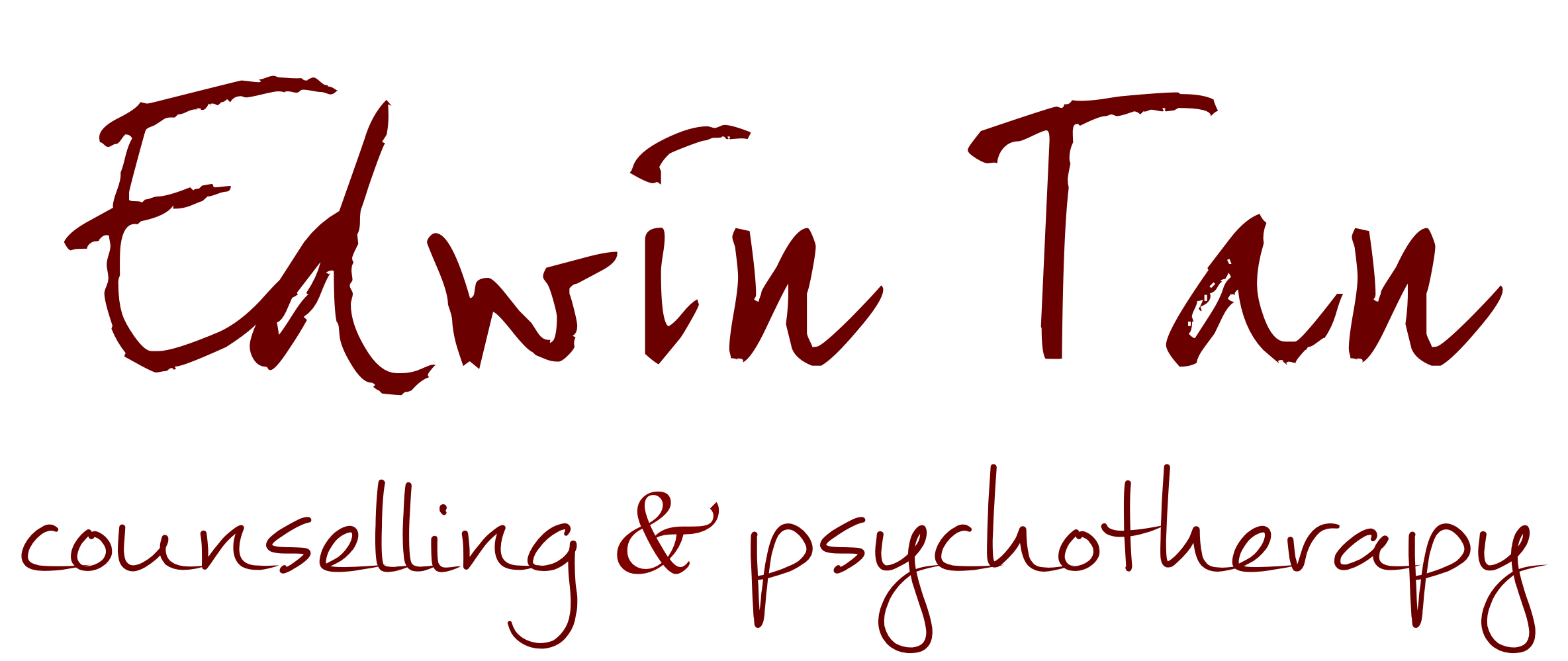Reel to Real: Copie Conforme | The Switch
Abbas Kiarostami's Copie Conforme/Copia Conforme/Certified Copy is the Iranian director's first fictional film outside of his native Iran. This effortlessly charming film stars Juliette Binoche (who won the Best Actress prize at the Cannes Film Festival for her work here), and William Shimell, the English baritone opera singer making his film debut.
A philosophical treatise on life and love, disguised as a pastoral romantic dramedy, the story begins with an art academic named James (Mr Shimell) in Tuscany, giving a lecture on his book entitled ‘Copia Conforme’, about the relative value of copied works of art, versus the originals. A woman (Ms Binoche) arrives for the lecture with her young son in tow, and shortly after, James meets her at her antique gallery, and the two embark on a road trip of sorts, during which their discussion turns from the merits of his scholarly work, to the nature of their potential shared history.
The central mystery of the film for most viewers has been the exact nature of the relationship between these two characters - however, I found this unimportant. What matters is the fact that Mr Kiarostami seems to be intimating that every relationship is a copy of itself - as time passes, people change and evolve, and the nature of the relationship transforms repeatedly. Is a snapshot of such a relationship at its inception the 'original', and a later snapshot a 'copy'? Or are all later snapshots 'certified copies', equally true in nature and form to the 'original'? If people meet at a time when they are not yet 'fully formed' or if they meet at the proverbial 'wrong time', can subsequent meetings between them become the 'original'? Or would they be 'certified copies' of that moment in time when the parties were not yet who they would become, thereby dooming any potential the later meetings might have held for them?
This is a magnificently complex and exciting film, full of ideas and stunningly acute observations about the way people behave and become who they are. Mr Shimell acquits himself marvelously in his first role, providing a choleric presence that hints at the depth and humor of his character. Ms Binoche holds the entire film together in an exquisite turn; she embodies the contradictory intellectual ideas and theories of the script and makes them all recognizably human and moving. Copie Conforme (which happens to thrillingly be in English, French and Italian, all at once) is one of those rare films that asks huge questions and demands a lot from its audience, yet returns their investment with riches aplenty.
I was moved - in a very different way - by The Switch, which unfortunately underperformed at the American box office. The poster itself, I believe, is a problem. From the looks of it, you might expect a tart, somewhat snarky, possibly slapstick comedy starring Jennifer Aniston, a variation of a romantic comedy. You would be very wrong. This film - based on a short story by Jeffrey Eugenides - is one of the saddest comedies ever made; every laugh is wrung at the expense of real pain, and for that reason, it is heroically satisfying, even if the film is not entirely successful in what it sets out to do.
Ms Aniston plays Kassie, a successful singleton who decides on artificial insemination when she can no longer ignore her biological clock's ticking. Her best friend, Wally (Jason Bateman) balefully reproaches her from the sidelines even as he secretly longs to declare his love and be the chosen father. In a twist given away by the film's title, the child conceived turns out to be a neurotic yet charming tyke more similar to Wally than Roland (Patrick Wilson), the man Kassie has paid to be the donor. Just when you think hijinks would ensue, however, the film becomes a genuinely moving exploration of a lonely adult man's bonding with a child, and his own awakening to feelings long repressed within himself.
There are many things about The Switch that don't work, not least of which is its central premise which probably worked a lot better in print than on screen; but there is enough good writing, deft acting and evidence of a firm understanding of human emotional truth that manages to overcome most of these problems. Sure, it has a Hollywood ending, and some of the usual clichés of a romantic comedy (the best friends are played by Jeff Goldblum and Juliette Lewis, both outstanding and hilarious), but at its core, this is a funny-sad film about loneliness and what the heart desires, and it manages to get this tricky balance just about right.


